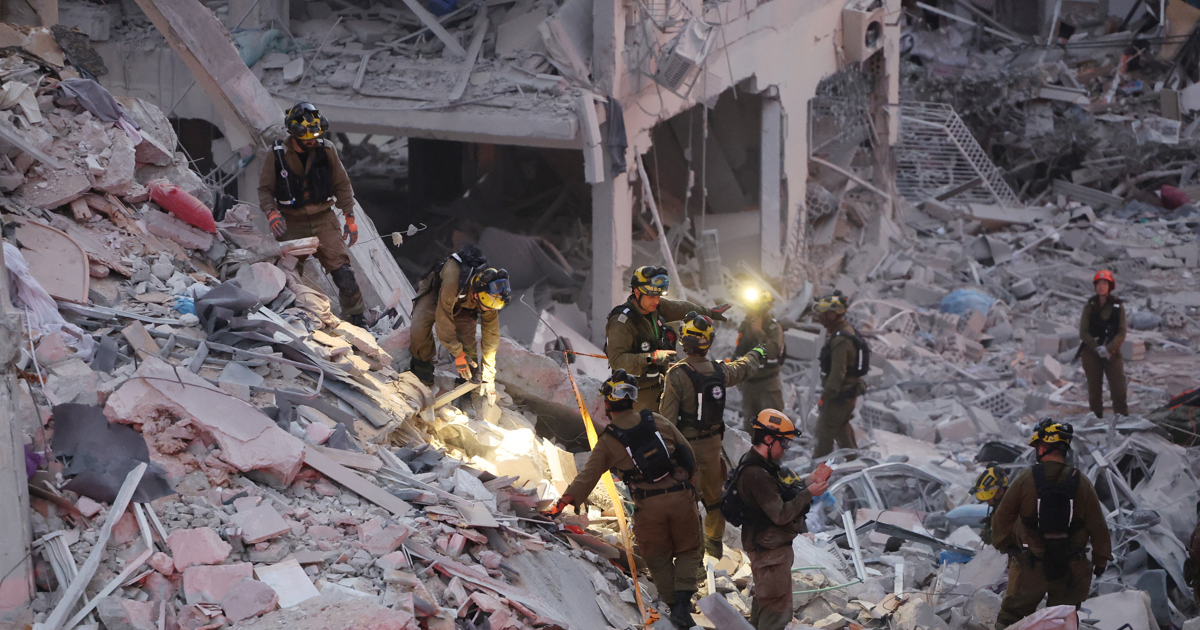Israeli Prime Minister Benjamin Netanyahu delivered a public statement on June 13 reaffirming Israel’s military objectives in Gaza, vowing to continue operations in Rafah, and rejecting a ceasefire that does not include the release of hostages held by Hamas.
Netanyahu’s comments come amid mounting international pressure on Israel to halt its military campaign in southern Gaza, where civilian casualties have risen sharply. His speech signals Israel’s intent to escalate its military efforts in Rafah, even as ceasefire negotiations with Hamas remain stalled.
Speaking in Hebrew with English subtitles posted to his official YouTube channel, Netanyahu stated: “We are expanding the operation in Rafah. We are operating there and will continue to operate there.”
He emphasized that Israel is “committed to total victory” and that the Israel Defense Forces (IDF) will maintain pressure on Hamas “until the complete dismantling of its military and governing capabilities.” Netanyahu said the war is being waged on multiple fronts and highlighted Israeli strikes in Lebanon, Syria, and deeper into Iran-backed networks.
Most notably, Netanyahu declared: “There will be no permanent ceasefire without the return of our hostages.” This statement aligns with Israel’s long-standing policy that any halt to combat must come with the return of over 100 remaining Israeli and foreign hostages believed to be held in Gaza.
He accused Hamas of prolonging civilian suffering: “Those who are preventing the release of our hostages and prolonging the suffering of the people of Gaza are Hamas — and only Hamas.”
Netanyahu praised Israeli troops and their ongoing missions, including recent operations to rescue four hostages from central Gaza. The Prime Minister also reiterated that Israel will not bow to international pressure or threats of arrest warrants from bodies like the International Criminal Court.
U.S. officials have urged Israel to limit the scope of its Rafah campaign and warned of further humanitarian deterioration. State Department spokesperson Matthew Miller said this week that while the U.S. supports Israel’s right to self-defense, “the protection of civilians must remain a central concern.”
United Nations Secretary-General António Guterres has called for an immediate ceasefire and described the humanitarian situation in Rafah as “catastrophic.” Over 1 million Gazans have been displaced due to fighting in Rafah since May, according to UN reports.
Israeli Defense Minister Yoav Gallant, meanwhile, echoed Netanyahu’s stance in a separate briefing Thursday, saying, “Military pressure is what will bring the hostages home.”
Netanyahu's remarks suggest an intensification of the Rafah campaign, despite ongoing negotiations mediated by Egypt, Qatar, and the United States. The Israeli war cabinet continues to deliberate over options for expanding operations further into Hamas-controlled areas.
Meanwhile, talks over a possible ceasefire-hostage exchange deal appear to be deadlocked, with Hamas demanding a permanent ceasefire and complete Israeli withdrawal, terms Israel has rejected. As summer approaches and international scrutiny intensifies, both the military and diplomatic tracks are likely to heat up in the weeks ahead.










